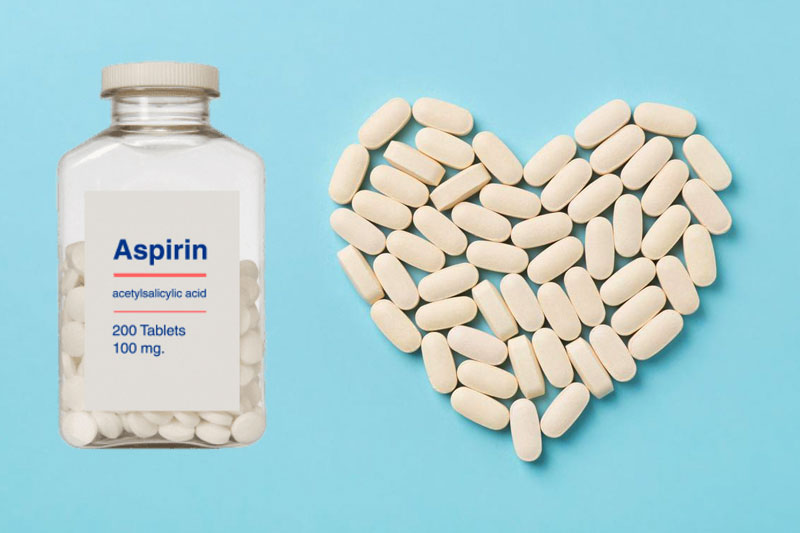Researchers have found that not everybody gets the same heart disease protection from taking aspirin, according to a report in the Journal of the American Heart Association.

Some people have a higher risk of dying from heart disease because the aspirin in their bodies does not effectively block a chemical known as thromboxane that promotes blood clotting, according to John W. Eikelboom, a clinical lecturer at the University of Western Australia’s Royal Perth Hospital.
In the study, patients taking aspirin who had a high level of thromboxane in their urine had a 3.5 times higher risk of cardiovascular death than patients who had the lowest level. High levels of thromboxane in the urine can identify those who are resistant to aspirin, according to the researchers.
The American Heart Association recommends aspirin for all patients with artery disease and a second antiplatelet medicine for those with uncontrolled chest pain called unstable angina.
Eikelboom cautions that the findings don’t suggest a need to limit aspirin use since aspirin therapy can reduce the risk for cardiovascular events by 25 percent.
“Our results suggest that some patients may need more protection than aspirin alone can offer,” he said, while adding that this may include alternative antiplatelet therapies or treatments that more effectively block thromboxane production.


